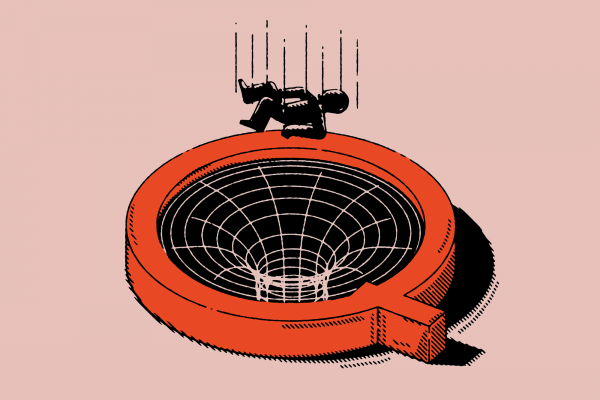FOR MORE THAN a century, evangelical Christians in the United States have frequently and variously imagined an apocalyptic upheaval that would usher in a new world. Evangelicals have had no shortage of appetite for cataclysmic stories, though they have differing interpretations of the biblical texts that describe the “end times,” as demonstrated by the popular appeal of the Left Behind series in the early 2000s. This craving is evident in the way that Christian visions of a final battle between the forces of darkness and light have been woven together with the conspiratorial narratives of QAnon.
In the U.S., Australia, and elsewhere, the far-right conspiracy theory QAnon is growing rapidly among New Age adherents and anti-vaccination communities. However, as religion reporter Katelyn Beaty has noted, there is explicitly Christian-sounding language in QAnon messaging. Explicit examples of the blending of Christian apocalyptic language and the QAnon conspiracies can be found in web posts and books published in the wake of the alleged “revelations” of the anonymous web poster “Q.” In these texts, Donald Trump is often presented as God’s anointed, an equivalent to King Cyrus, battling the diabolical forces of the “Deep State” (a conspiracy theory that posits a hidden government working within the legitimately elected government). The Deep State—supposedly composed of individuals such as Hillary Clinton, Pope Francis, and well-known celebrities who are often described as demonically controlled—is said to be guilty of the most savage crimes, including child sex trafficking and using their victims’ blood to extend their own lives.
Read the Full Article

